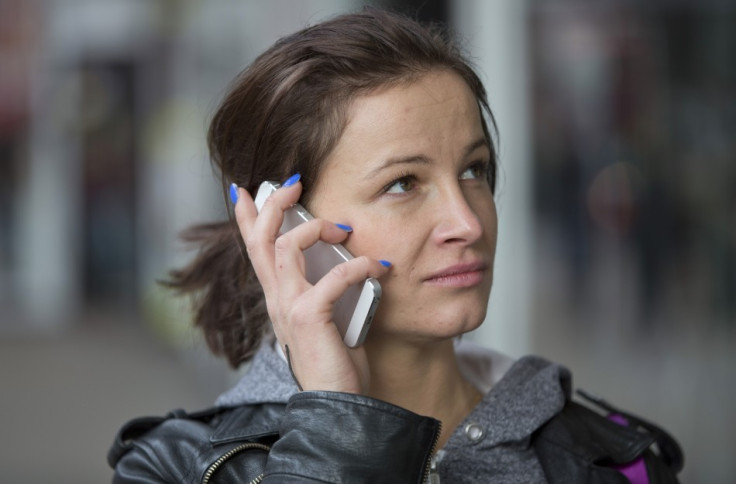Privacy Groups Warn Verizon Snooping is Tip of the Iceberg
Following revelations that the US government was monitoring millions of citizens's phone calls, privacy advocates warn the problem is much more widespread.

A "top secret" court order has revealed the US government is covertly monitoring millions of US citizens' phone calls, within and outside the US.
However privacy advocates have warned the issue may be much more widespread than this revelation suggests. The Electronic Frontier Foundation (EFF) responded to the news by suggesting: "There is no indication that this order to Verizon was unique or novel. It is very likely that business records orders like this exist for every major American telecommunication company, meaning that, if you make calls in the United States, the NSA has those records. And this has been going on for at least seven years, and probably longer."
The "seven years" comment relates to the case of whistleblower Mark Klein who revealed that US mobile network AT& T were working with the National Security Agency to facilitate monitoring of US citizens, which led to the EFF bringing a case against AT&T on behalf of its customers.
The current controversy revolves around a "top secret" court order which was granted to the FBI by the little known Foreign Intelligence Surveillance Court (FISC) on 25 April and requires the US mobile phone carrier Verizon on an "ongoing, daily basis" to hand over information on all telephone calls within its systems to the National Security Agency.
Confirmed
A senior White House source speaking to Reuters on Thursday confirmed it is collecting a massive amount of telephone records from "at least one carrier." The official defended the action claiming the collection of such data was "a critical tool in protecting the nation from terrorist threats to the United States."
"It allows counter terrorism personnel to discover whether known or suspected terrorists have been in contact with other persons who may be engaged in terrorist activities, particularly people located inside the United States," the official added.
The covert monitoring was only revealed when the Guardian obtained a copy of the FISC order and published it on Wednesday morning.
Permission
The order runs for three months, ending on 19 July, and covers phone calls made within the US as well as numbers outside the country. While the phone calls themselves are not recorded, vast amounts of information is being collected under President Barack Obama's administration without the knowledge, let alone the permission, of over 100 million US citizens.
The information collected includes the phone numbers involved, location data, call duration, the unique IMEI numbers of the phones involved and the time each call takes place.
Under the provisions of the order Verizon cannot comment on the situation and so far the Department of Justice, NSA or the White House
Beyond Orwellian
The order was granted under section 215 of the Patriot Act which was first enacted in 2001 and renewed in 2011. At the time of its renewal in 2011 one US Senator, Ron Wyden, spoke out against the powers it allowed the government to wield:
"I want to deliver a warning this afternoon: when the American people find out how their government has secretly interpreted the Patriot Act, they will be stunned and they will be angry."
Section 215 is a provision which authorises the government to seek secret court orders for the production of "any tangible thing" relevant to a foreign-intelligence or terrorism investigation.
In the wake of the most recent scandal, the American Civil Liberties Union (ACLU) is calling for an end to the practice of secretly monitoring US citizens' phone calls. "It is beyond Orwellian, and it provides further evidence of the extent to which basic democratic rights are being surrendered in secret to the demands of unaccountable intelligence agencies," Jameel Jaffer, ACLU deputy legal director said in a statement.
In the UK the issue of monitoring citizen' activity online and on the phone has been in the news recently as the Communications Data Bill, dubbed the Snooper's Charter by its opponents, was rejected after the Liberal Democrats objected, saying it went too far.
© Copyright IBTimes 2025. All rights reserved.






















